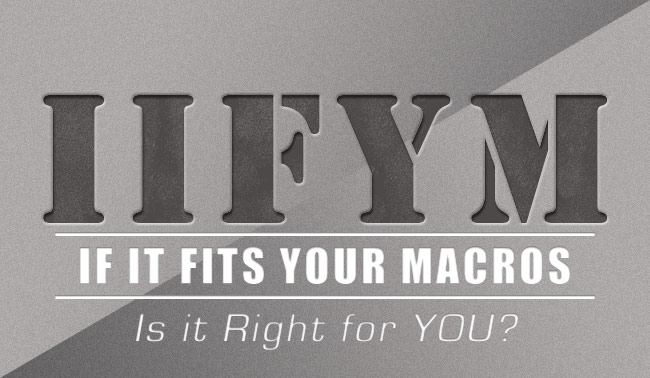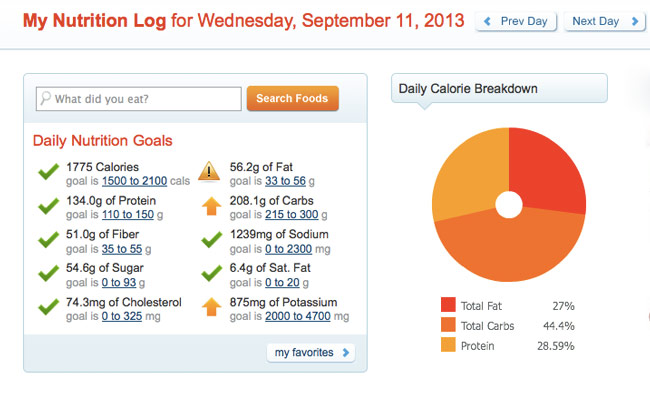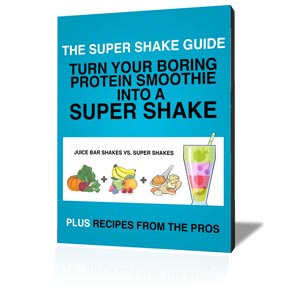If a new fad diet is making the rounds it doesn’t take long for my clients to ask me about it. They usually hear about the wonders of this supplement or that meal plan from well meaning friends or co-workers and are eager to get my opinion.
A couple of weeks ago a client asked me if I had heard of an app called Magic Macros. She said a co-worker was using it to track her food. It told her friend how many calories to eat from protein, fat and carbs (the macro-nutrients). As long as she keeps to her macros she can eat anything she wants. Interesting, I said, and cued my client for her next exercise.
A few days later I was listening to one of my fitness podcasts (honestly I don’t remember which one) and the acronym IIFYM came up. Have you heard of it? It stands for If It Fits Your Macros. IFFYM is about tracking not calories but grams of protein, fat and carbs. As long as you meet those numbers you can eat anything you want. It is just another way of being accountable to your food. However it isn’t new and, frankly, not as easy as you might think.
At its core, the idea makes sense. Many bodybuilders, athletes and personal trainers like yours truly pay attention to how much they get of each macro-nutrient every day. It helps create the balance necessary to meet our fitness goals (or in my case keep my type 1 diabetes in check). Here are my macro goals from my food log on Dailyburn.
But to start here would be ill advised.
To those living and eating a Standard American Diet trying to track macros can be a complicated and confusing task. Apps like DailyBurn and MyFitnessPal (or the above mentioned Macro Magic) do help. But to have any hope of meeting your macro goals you need to understand some basic nutrition concepts. After reviewing hundreds of food journals, here is why I believe this method isn’t for beginners.
-
What foods have protein?
I get this question on a regular basis after I tell a new client she needs to eat more of it. Other than a chicken breast, most people are stumped. Fast, easy and empty carbs are everywhere. Remembering to grab some cottage cheese or a hardboiled egg for breakfast is hard. The idea that peas, lentils and beans are good sources of protein takes a bit of an adjustment too because most people can’t get past the idea of their carb count.
-
I have to eat how much fat!
No matter how much we claim the opposite, we are still fat phobic. The idea of eating butter or using real half in half is frightening for those who have a lifetime of dieting behind them. Our body needs fat for proper function (particularly hormone function and production, ladies!). While the focus should be on good fats, we still need some saturated fat for optimal health as well. This means things like coconut oil and eggs (not bacon) play a valuable role in a healthy and balanced diet.
-
I have carbs left so I can have that cupcake.
Sure you can but that doesn’t mean it’s good for you or it’s going to help you achieve the kind of body you want. The quality of your carb choices affects how quickly your transformation occurs and how you feel in the process. This is one of my main issues with another popular food accountability system: Weight Watchers. They give 1 point to their frozen desserts but peanut butter is 5 points. Yes, fat is more calorie dense but your body is much happier with natural peanut butter than artificially sweetened and overly processed “food”.
In the beginning, the focus should be on creating good habits. I counsel my clients on a balanced plate. They are asked to pay attention to all three of their macros, making sure they are represented each time they eat. We track not grams, but the habit of including all three macro-nutrients.
I always say, “The devil is in the details”. But DETAIL is all relative. What may seem basic knowledge to someone who has been on this journey for a while may be the most complicated idea for a beginner. Keep it simple at first because there will be plenty of time to get into the weeds down the road. Skip the fads. Focus on keeping your plate balanced and real.
Do count calories, macros or none of the above?




